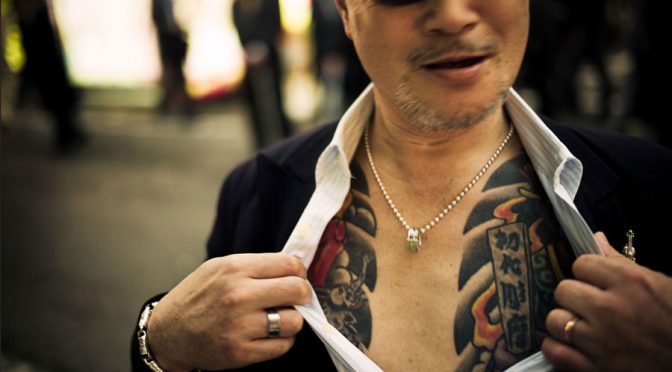Written by Mike LaSusa
A joint operation by Argentine and Chinese authorities rounded up dozens of suspects with alleged ties to the “Chinese Mafia,” a move that officials described as an important blow against the criminal organization inArgentina.
In a June 13 press release, the Argentine Security Ministry announced the detention of 40 suspects in “Operation Dragon’s Head,” which was carried out by the Federal Police with the support of the Chinese police and the Chinese embassy in Argentina.
Clarín reported that 34 of the 40 suspects were undocumented Chinese immigrants. The Security Ministry said that Peruvians, Bolivians and Argentineans also belonged to the crime group. Thirty-one of those arrested have been released from custody, though they are still under investigation.
The suspects are accused of crimes that include extortion and violation of weapons and drugs laws. The Security Ministry said the operation resulted in the confiscation of 14 firearms, four vehicles, several thousand dollars in cash, and unspecified quantities of drugs and cell phones, along with computers and accounting records.
Local media reports identified the targeted organization by the name “Pixiu,” which refers to a mythical “fortune beast” from Chinese folklore. A police source described the Pixiu group to La Nación as “the biggest, most important and most violent Chinese mafia.”
Security Secretary Eugenio Burazco said the group’s leader, identified by Infobae as A Di, “has a history, and his father is the head of the mafia in China.”
According to Infobae, the Pixiu used a trade organization purporting to represent Chinese businesses in Buenos Aires province as a cover for the group’s illegal activities, which focused heavily on extorting local Chinese businesses.
The news outlet reported that the Pixiu demanded an initial fee of $50,000 from businesses seeking the group’s “protection,” and charged each business a recurring fee of about $3,600 per month. The total amount of money the group earned from its illegal activities remains unclear.
Those who refuse or fail to pay extortion fees are often targeted for violent reprisal. A recent government report linked Chinese organized crime groups to at least 37 attacks against owners and employees of Chinese businesses in Buenos Aires since 2009.
InSight Crime Analysis
Argentine officials hailed the arrest of dozens of suspects and the seizure of records related the Pixiu’s illicit business as an important blow against the group. This may be true, but according to a 2014 report, several other powerful “Chinese mafia” groups operate in Argentina, and there are several factors that complicate efforts to combat them.
Linguistic and cultural barriers can make it difficult for Argentine authorities to investigate Chinese organized crime activities. For Operation Dragon’s Head, Infobae reported, the Argentine police had to bring on a police officer from the Chinese embassy to work the case undercover. Also, Chinese immigrants — especially those without regularized migration status — are often reluctant to cooperate with local authorities on investigations of fellow Chinese.
Full Article – http://www.insightcrime.org/news-briefs/argentina-targets-chinese-mafia-with-operation-dragons-head





